George Johnson
- 1984
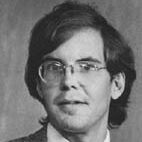
Fellowship Title:
- Artificial Minds: The Quest to Build Computers Smarter than Humankind
Fellowship Year:
- 1984
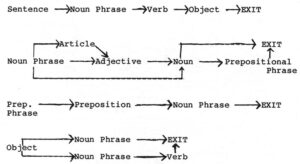
Solving the Problem of Meaning
On July 21, 1969, with the usual fanfare accorded to conquering heroes, the Apollo 11 astronauts returned to earth, leaving behind a plastic American flag, which stood unwaving in the airless desolation of the lunar terrain. With them they brought 58 pounds of moon rocks, which after being held in quarantine to guard against microscopic invaders, were turned over to geologists eager to apply their knowledge of the earth to the study of a nearby world. The results of their experiments were reported several months later at the First Annual Lunar Science Conference, then encoded and stored in a computer, where they were of instantaneous use to anyone familiar with the arcana and incantations needed to retrieve information from a data base. To benefit from NASA’s largesse, a geologist would have to think like a computer and speak its language instead of his own. NASA officials believed there must be a better way. So, in the summer of 1970, they approached William A. Woods, a young computer scientist who was making a name for himself
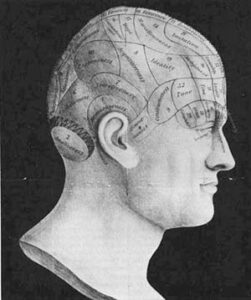
Thinking About Thinking
Squinting into the blue-gray light of yet another computer terminal, John McCarthy looked as though he were suffering from eyestrain, or from one too many software demonstrations. He was sitting in the industrial exhibition hall at the annual convention of the American Association for Artificial Intelligence, where companies with names like Teknowledge and IntelliCorp were demonstrating some of the first commercial fruits of a field he had done much to create. McCarthy, a Stanford University computer scientist, had just finished serving a year as president of AAAI, and earlier that day he had addressed an auditorium filled with people who had come to hear him describe his 30-year-old effort to instill in computers what humans call common sense. For many, the speech was the climax of the convention, and now, in its aftermath, he sat wearily rubbing his eyes, half listening, as an employee of a firm called Inference Corporation explained the network of lines and boxes cast upon the screen by a program ambitiously christened ART, the Automated Reasoning Tool. In the English that
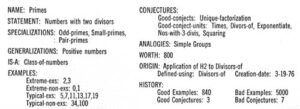
Eurisko, the Computer with a Mind of its Own
On the July 4 weekend of 1981, while many Americans were preoccupied with barbecues or fireworks displays, players of an immensely complex, futuristic war game called Traveller gathered in San Mateo, California, to pick a national champion. Guided by hundreds of pages of design rules and equipment specifications, players calculate how to build a fleet of ships that will defeat all enemies without exceeding an imaginary defense budget of one trillion credits. To design just one vessel, some fifty factors must be taken into account: how thick to make the armor, how much fuel to carry, what type of weapons, engines, and computer guidance system to use. Each decision is a tradeoff: a powerful engine will make a ship faster, but it might require carrying more fuel; increased armor provides protection but adds weight and reduces maneuverability. Since a fleet may have as many as 100 ships–exactly how many is one more question to decide–the number of ways that variables can be juxtaposed is overwhelming, even for a digital computer. Mechanically generating and testing every
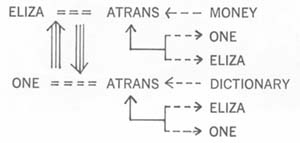
The Lure of Artificial Intelligence
An advertisement in a recent issue of Popular Computing magazine describes a new software package, Managing Your Money, in which, it is claimed, the financial expertise of best-selling economics writer Andrew Tobias has been stripped down, streamlined, and translated into the language that an Apple or IBM microcomputer understands. “Managing Your Money is like having Andrew Tobias, author of The Only Investment Guide You’ll Ever Need and The Invisible Bankers, at my side whenever I need his help…” says a satisfied customer, who is pictured with Tobias standing reassuringly nearby. By slipping a floppy disk into the drive of a home computer, anyone can have Tobias’s assistance in analyzing investments, evaluating life insurance portfolios, planning tax strategies–for $199.95. In the competitive market of personal computer software, it is difficult to make new products stand out. Hundreds of pages of advertisements fill the dozens of computer magazines displayed at almost every newsstand in the country. The packaging of Andrew Tobias’s brain is notable not so much as a technological breakthrough but as an effective new advertising
